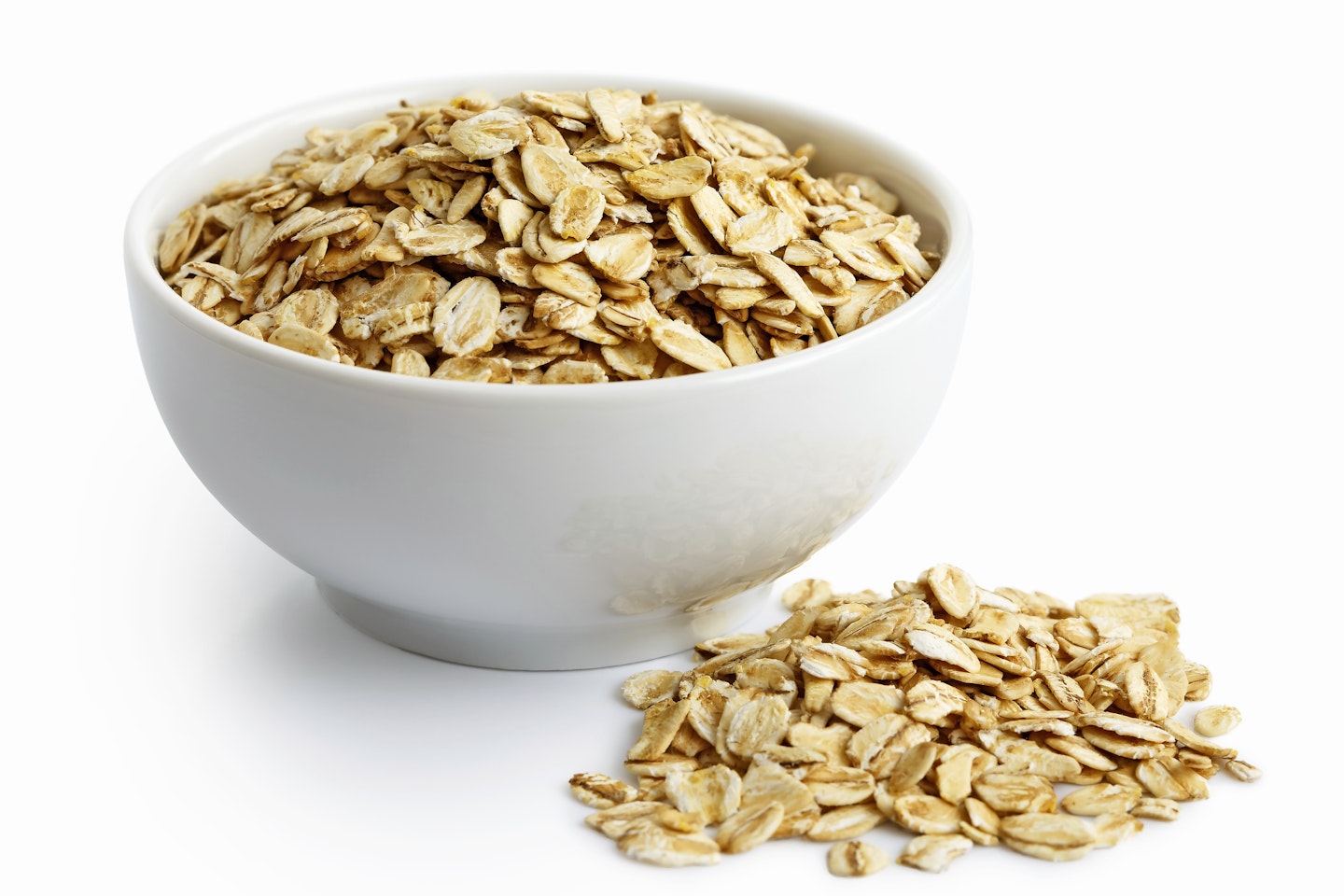What if there was a magic trick that could reverse type 2 diabetes, lower cholesterol, reduce the risk of cardiovascular disease and cancers of the colon, balance the thyroid, increase energy, strengthen the immune system, improve digestion and irritable bowel syndrome and reduce constipation and haemorrhoids?
Well, there is! The secret lies in our gut and increasing our fibre is the magic trick.
Now for the bit no-one likes to talk about…
Constipation is rife in UK adults, with one in seven suffering from it at any time. It can lead to straining, haemorrhoids, varicose veins and anal fissures.
If we think of constipation as a nutrient-deficiency disease, then that nutrient is fibre, because fibre regulates and improves bowel movements.
According to a National Diet and Nutrition Survey, more than 90 per cent of British adults don’t eat enough fibre.
The average person in the UK eats around 18g a day when we should be aiming for 30g.
Plant Based Health Professionals dietician, Rosie Martin, sees many patients struggling with the effects of a low-fibre diet.
She says: ‘Not eating enough fibre can be a major cause of constipation, abdominal pain, reflux, tiredness, weight gain, high cholesterol and increased hunger.
‘After investigations to rule out anything more serious, I find that when patients increase their dietary fibre, many symptoms greatly improve. There are many far-reaching health benefits beyond moving your bowels. Fibre feeds the good bacteria that live in your gut, creating substances called short chain fatty acids, which reduce inflammation, support immunity, promote weight loss, improve brain function and reduce risk of cancer.’
Our digestive system is a complicated yet beautiful system which depends on the microbiome living in our gut. What we feed these thirty-nine trillion micro-organisms results in our health and wellbeing — or lack of it.
Nourish your microbiome with nutritious whole foods because these friendly bacteria are your team players. They’re there to optimise your health, but they need your help.
Feed your microbiome poison and junk and they can hardly be expected to look after you from the inside. Unhealthy food feeds unhealthy microbiomes, leading to long-term health complications, inflammatory disorders and allergies.
Our microbiome loves fibre, but what exactly is fibre?
It could be the most powerful solution to restoring our health. Fibre is an extraordinary nutrient found only in plants. Whole plant foods are an abundant source, processed plant foods have less and animal products have none at all. We can’t digest fibre, but our microbiome process and break it down.
Rosie says: ‘The diversity of what we eat is as important as the quantity. To check you’re getting enough variety, count every new type of plant food consumed over seven days. Aim for 30 different sources a week.’
If constipation’s your bedfellow, increase your fibre consumption and ensure you stay hydrated. Add fruit, nuts and seeds to your breakfast. Throw extra veggies and beans into your curry or Bolognese.
When it comes to rice, bread, flour and pasta, opt for wholemeal and wholegrain, not white.
‘If you have any medical conditions or gut health concerns, visit your GP or see a dietician for individualised advice,’ Rosie says.
By ensuring your diet includes plenty of sources of dietary fibre, you’ll take better care of your army of good bacteria.
In return, your army will be able to take better care of you.
Edited by Kim Willis
How to UP YOUR FIBRE intake

Enjoy an abundant mix of fruits, vegetables, wholegrains, legumes and beans to reap the benefits of them all — remember, these are our only sources of dietary fibre.
Eat the Rainbow
Fibre-rich foods in all the colours of the rainbow include tomatoes, watermelon, carrots, sweet potatoes, oranges, lemons, spinach, kale, broccoli, cauliflower, onions, blueberries, blackberries, grapes, whole grains such as brown rice, whole wheat bread and pasta, peas, beans and lentils.
Seeds are super!
Flaxseeds are a fantastic source of soluble fibre. Chia seeds are 40 per cent fibre by weight, making them a fibre powerhouse.
Regular Girl
Regular Girl’s blend of prebiotic soluble fibre and probiotics has been clinically proven to improve immune function and protect against inflammation.
Available from fodmarket.co.uk.
